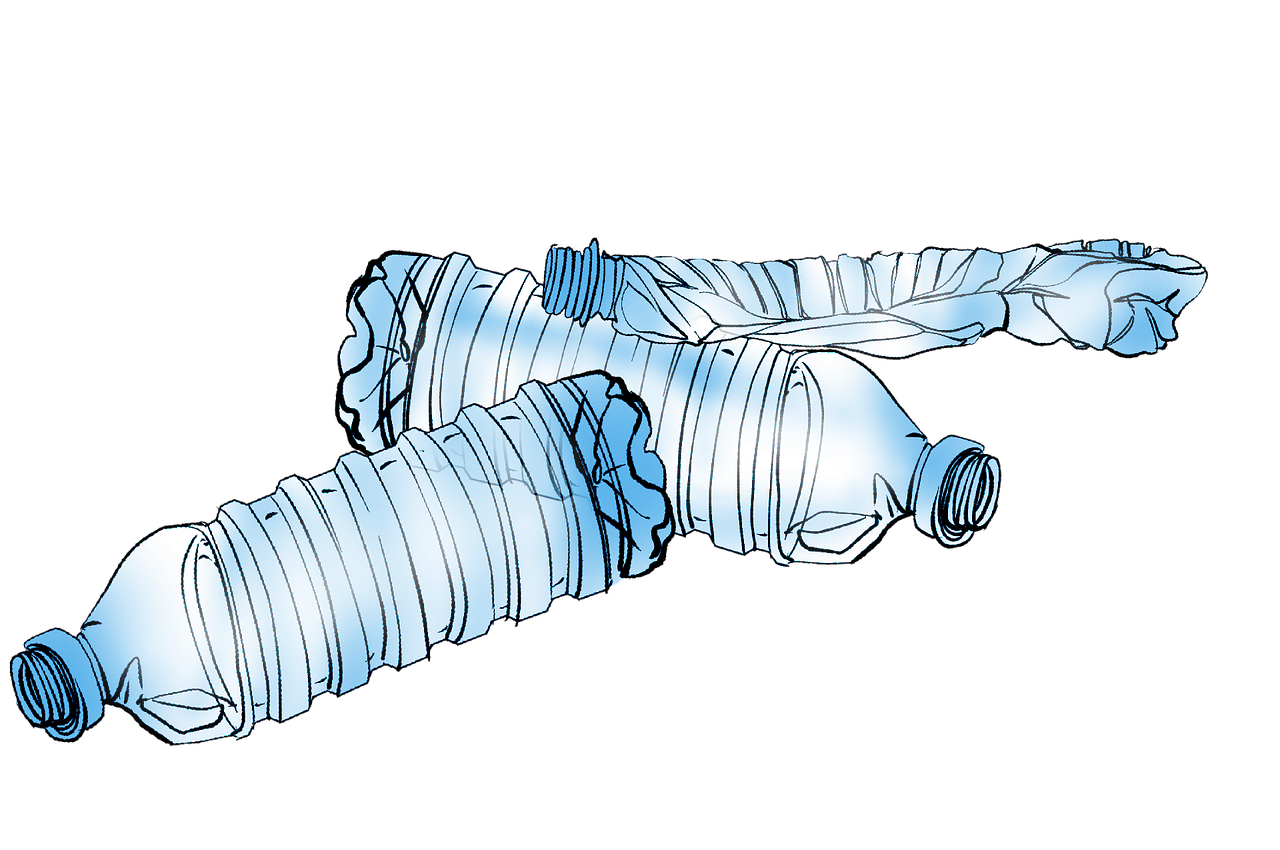5 Ways to Reduce Single-Use Plastic in Holiday Accommodation

Make your business more sustainable!
We at Private House Stays believe moving towards greener tourism is incredibly important - we only have one planet! Our commitment to the UN’s sustainability goals means we're always looking for ways to help equip our clients to run more eco-friendly businesses. Today, we're looking at single use plastics, and how you as a holiday accommodation providers can reduce your wastage.
What is single use plastic?
Single use plastics are, as the name suggests, any plastic product that is not designed for repeated use. Examples include plastic bottles and caps, cleaning wipes, cling film, cotton bud sticks, plastic bags, food wrappers, straws and disposable cutlery. In addition to piling up landfill, littering oceans and beaches and endangering wildlife, these plastics are mostly made from fossil-fuel based chemicals (petrochemicals) which is also terrible for the environment!
What can you do to reduce single-use plastic waste?
1. Switch out plastic water bottles in rooms for glass.
This is super simple one that anyone can do. Glass bottles are quick and easy to sanitise, and they look great in a room! This is particularly easy to do in Scotland, because we have such delicious tap water.
2. Provide resources for recycling.
Adding recycling bins at accessible points, such as next to the standard bin in a B&B bedroom, in a communal area, or clearly labelled in the kitchen of a self-catering property, makes it much easier for your guests to make eco-friendly choices when disposing of their waste. These can easily be styled to fit in with your property aesthetic, and don’t need to be eyesores. Plain bins in different colours would be an excellent place to start.
3. Avoid unhelpful 'safety measures'
The Covid-19 pandemic has led to a massive increase in single-use plastic - and many of these measures are more to do with perception than added safety. Wrapping items such as television remotes in plastic, for example, does little to help the spread as the plastic covering then becomes the transmitter; it is much better to sanitise items directly. Single-use cleaning wipes may seem safer, but they are actually less effective than the traditional spray-and-wipe method as cleaning wipes rarely touch surfaces for long enough to be effective against germs.
4. Use refillable detergents.
Running a short-term let, especially during the current climate, means a lot of cleaning. By using refillable cleaning detergents, you can cut down on waste from plastic containers - and save money too, as bulk refills are cheaper. Better for the environment, and better for your bottom line.
5. Provide your guests with easy eco-friendly options.
Often, guests will default to the most hassle-free option; by making the ethical option the easiest choice, you can make a difference effortlessly! Running a self-catering property? Hang reusable bags by the door for guests to use while shopping. You could even offer complimentary branded ones to help spread the word. Running a B&B? Let your guests know what complimentary toiletries are available at the front desk, rather than stocking them in each room as standard.
Finally... Let guests know what you are doing, and why. Filling guests in on your eco-friendly policies is win-win; it shows you are an ethical business while also raising awareness of the little changes individuals can make in the fight against climate change. Filling them in your efforts also makes them more likely to comply - people like to feel included, and it makes guests feel good to know they are helping to make a difference.

